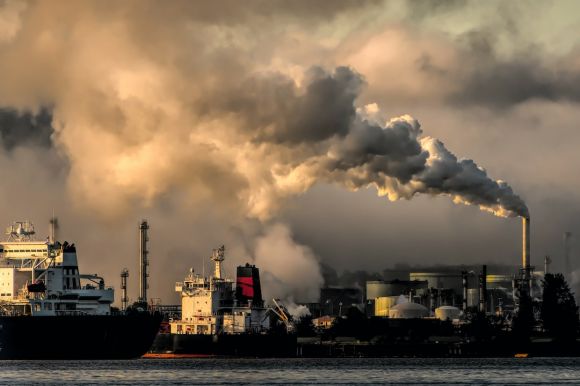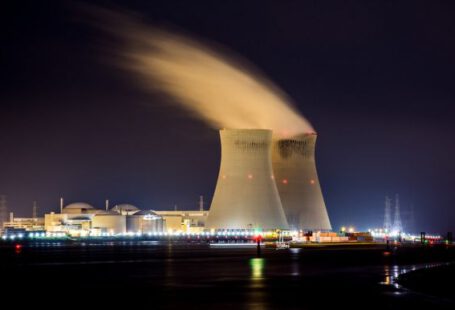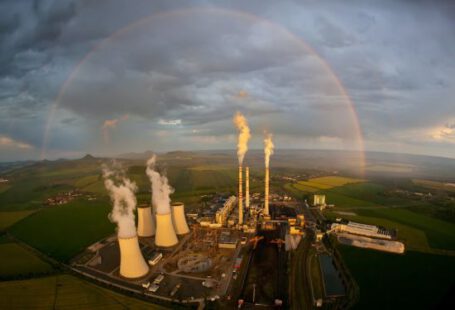The greenhouse effect and global warming are two closely related phenomena that are having a profound impact on our planet. In this article, we will explore the greenhouse effect, its connection to global warming, and the consequences it has on our atmosphere.
Understanding the Greenhouse Effect
The greenhouse effect is a natural process that occurs in the Earth’s atmosphere. It involves the trapping of heat from the sun by certain gases, such as carbon dioxide (CO2) and methane (CH4), which act as a blanket around the Earth. This trapping of heat allows the Earth to maintain a temperature that is suitable for life.
The Role of Human Activities
While the greenhouse effect is a natural occurrence, human activities have significantly enhanced it. The burning of fossil fuels, deforestation, and industrial processes have resulted in increased levels of greenhouse gases in the atmosphere. This has led to a phenomenon known as global warming.
Global Warming: The Rising Temperatures
Global warming refers to the long-term increase in the Earth’s average surface temperature. The increased concentration of greenhouse gases in the atmosphere traps more heat, causing a rise in temperatures worldwide. This rise in temperature has far-reaching consequences for the environment and all living organisms.
Impacts on the Atmosphere
The consequences of global warming on the Earth’s atmosphere are numerous and severe. One of the most significant impacts is the melting of polar ice caps and glaciers. As temperatures rise, these frozen regions melt, contributing to rising sea levels. This has the potential to flood coastal areas, displacing millions of people and endangering countless species.
Extreme Weather Events
Global warming is also responsible for the increase in extreme weather events, such as hurricanes, droughts, and heatwaves. Warmer temperatures provide more energy to fuel these weather phenomena, making them more intense and frequent. This poses a significant threat to human life, infrastructure, and agriculture.
Ocean Acidification
Another consequence of increased greenhouse gases is the acidification of our oceans. The excess carbon dioxide in the atmosphere is absorbed by the oceans, leading to a decrease in pH levels. This change in acidity has a detrimental effect on marine life, particularly on coral reefs and shellfish, which rely on a certain pH balance for their survival.
Mitigating the Effects
To combat the effects of global warming, it is essential to reduce greenhouse gas emissions. This can be achieved through various means, such as transitioning to renewable energy sources, promoting energy efficiency, and adopting sustainable agricultural practices. Additionally, afforestation and reforestation efforts can help absorb carbon dioxide from the atmosphere.
The Role of International Cooperation
Addressing global warming requires international cooperation. The Paris Agreement, signed by almost all nations in 2015, aims to limit the global temperature increase to well below 2 degrees Celsius above pre-industrial levels. To achieve this, countries need to work together to reduce emissions and implement sustainable policies.
The Urgency of Action
The consequences of global warming are already visible and will only worsen if immediate action is not taken. We are witnessing the loss of biodiversity, the destruction of ecosystems, and the displacement of communities due to rising sea levels. It is crucial for individuals, governments, and industries to prioritize sustainable practices and take steps to mitigate the effects of global warming.
In conclusion, the greenhouse effect and global warming are interconnected processes that have significant implications for our atmosphere. Human activities have accelerated the greenhouse effect, leading to global warming and its severe consequences. It is imperative that we take action to reduce greenhouse gas emissions, promote sustainable practices, and work together as a global community to address this pressing issue. Our planet’s future depends on it.





